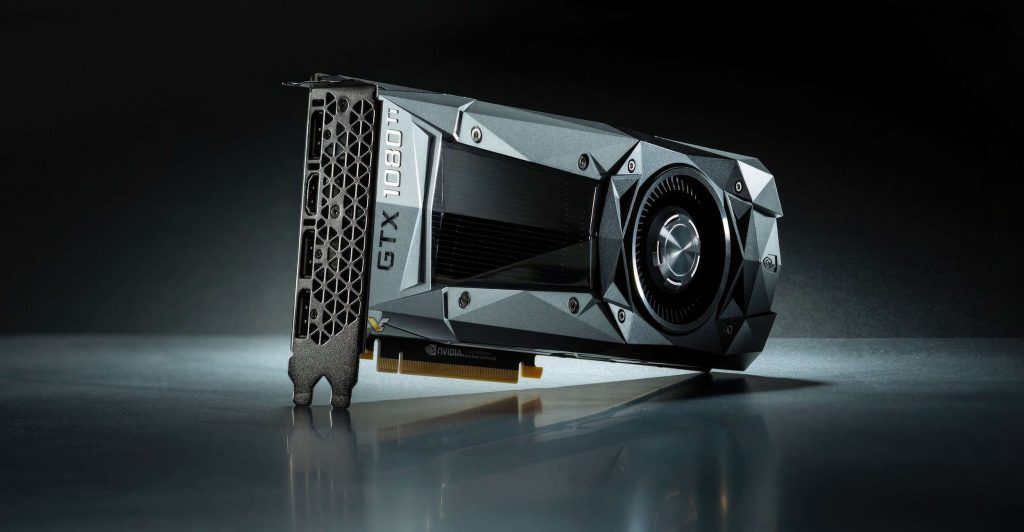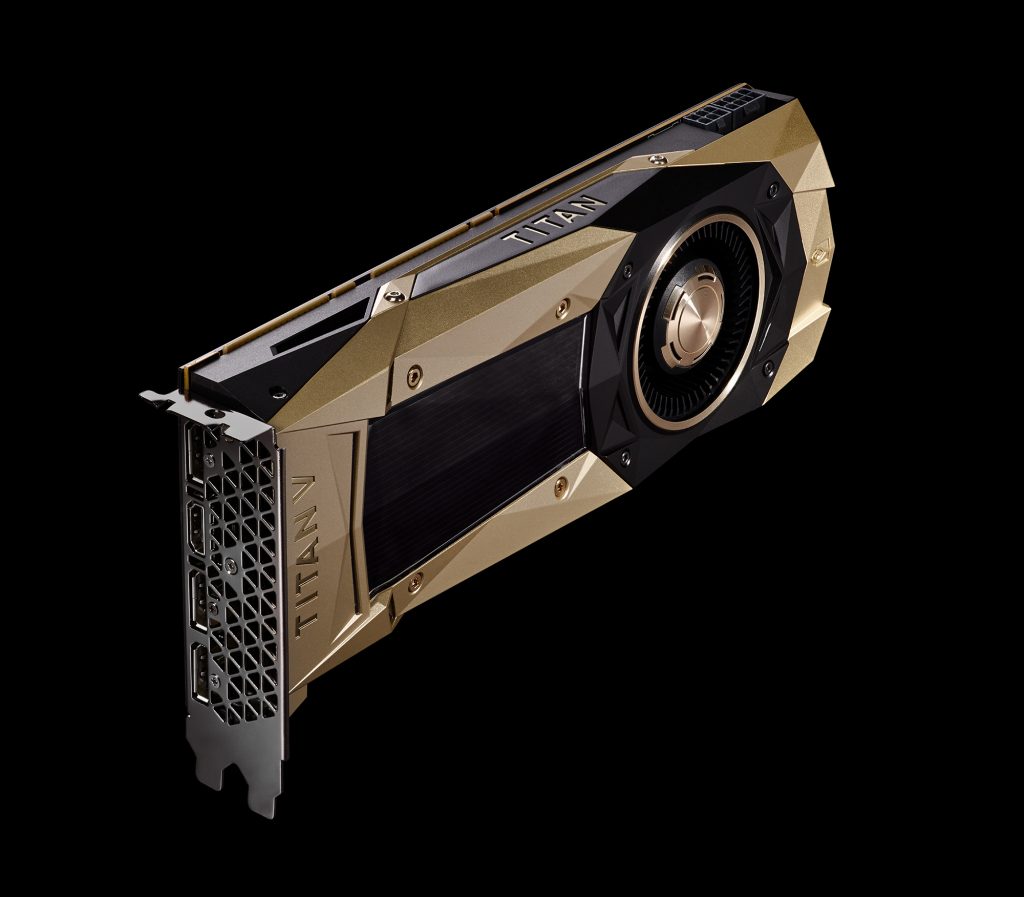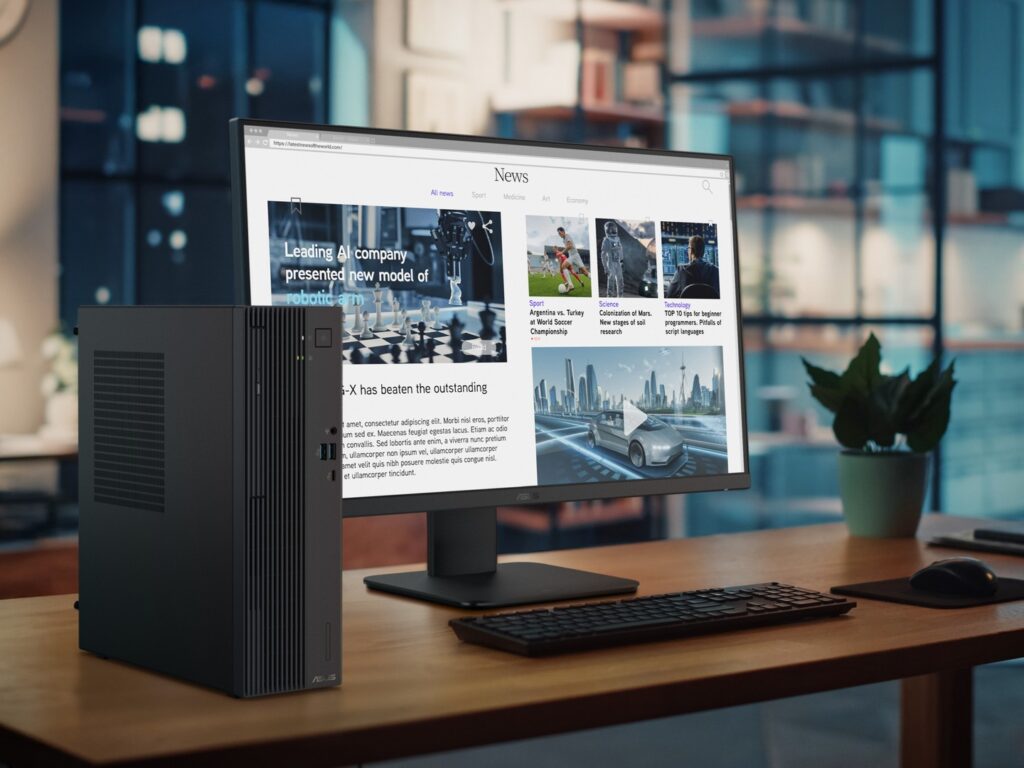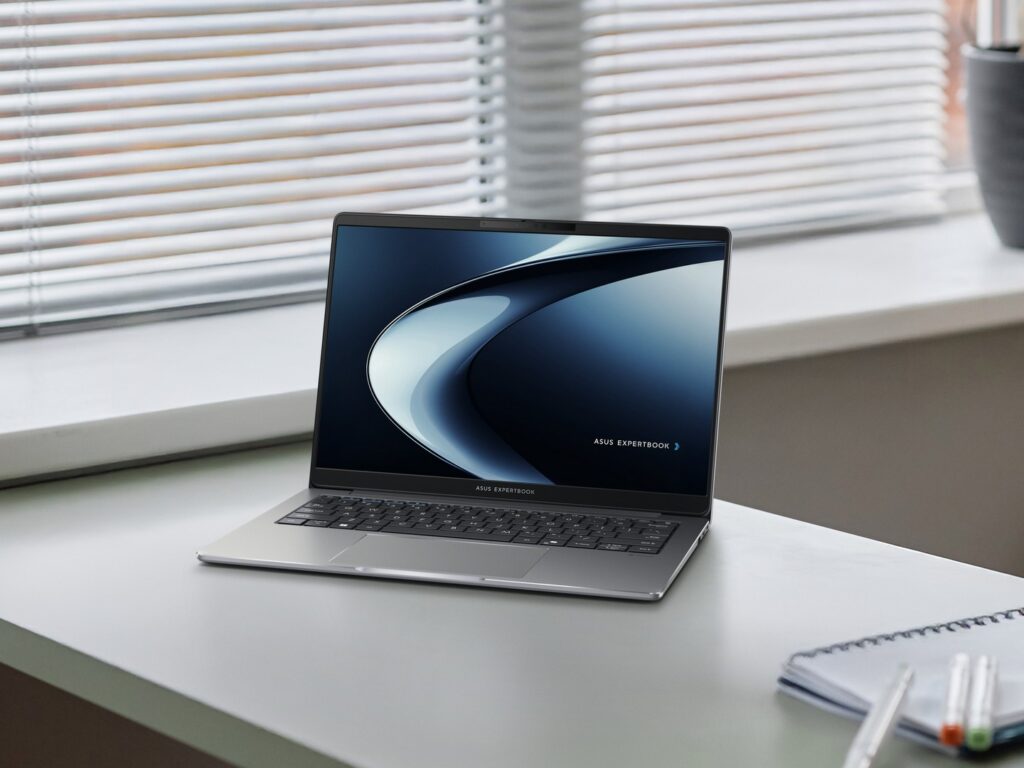NVIDIA Phasing Out Driver Support for Legacy GPUs: Maxwell, Pascal, and Volta Architectures Nearing End of Life
A significant shift is on the horizon for PC gamers and enthusiasts still utilising older NVIDIA graphics cards. The tech giant has confirmed its plan to cease official driver support for its Maxwell, Pascal, and Volta GPU architectures, impacting a wide range of popular models, including the venerable GeForce GTX 900 and GTX 1000 series.
End of an Era for Beloved GTX Series

According to an updated NVIDIA Unix graphics feature deprecation schedule, the upcoming 580 series drivers will be the last to officially include support for these older architectures. This critical announcement directly impacts a large segment of the PC gaming community, as it signifies the impending end of new updates, performance optimisations, and bug fixes for these widely adopted graphics cards.
While the official notice originated from Unix documentation, the implications are expected to extend to Windows drivers due to NVIDIA’s unified driver codebase. NVIDIA has not yet released a direct statement regarding Windows, but the industry consensus is that the policy will apply across platforms.
Impacted Architectures and Cards

The Maxwell architecture primarily covers the GeForce GTX 900 series, while Pascal is famously known for the GTX 1000 series, which includes highly popular cards such as the GTX 1080 Ti, GTX 1070, and GTX 1060. The Volta architecture, most notably seen in the high-end Titan V, will also be affected by this change. These GPUs have provided years of reliable gaming performance for millions of users worldwide.
A Few GTX Cards Will Remain Supported
Despite the widespread deprecation, a select few GTX cards will continue to receive driver support. Owners of graphics cards from the GTX 16 series, which are based on the newer Turing architecture, will have the distinction of owning the last supported GTX cards from NVIDIA. Popular models like the GTX 1660 Super will continue to benefit from driver updates beyond the 580 branch.
Precedent and Future Implications
This isn’t NVIDIA’s first rodeo with phasing out older hardware. In 2021, the 470 drivers marked the end of support for the Kepler architecture (GeForce GTX 600 and 700 series). While mainline updates ceased for those cards, NVIDIA did provide some subsequent updates for critical security patching, suggesting a possible precedent for limited post-deprecation support in the future.
The current NVIDIA GeForce driver stands at version 576.80 WHQL, meaning the 580 series, which will trigger the end-of-life for these older GPUs, has yet to be released. This provides a grace period for affected users to consider their options.
For users of Maxwell, Pascal, and Volta GPUs, the end of driver support means no further performance optimisations for new game releases, no new bug fixes, and potentially no compatibility updates for future operating system versions. While their cards will not immediately cease functioning, a gradual decline in optimal performance for the latest titles and potential exposure to security vulnerabilities over time are expected. This move by NVIDIA highlights the relentless pace of technological advancement and signals the ongoing shift towards newer, more powerful, and AI-integrated graphics processing units.



